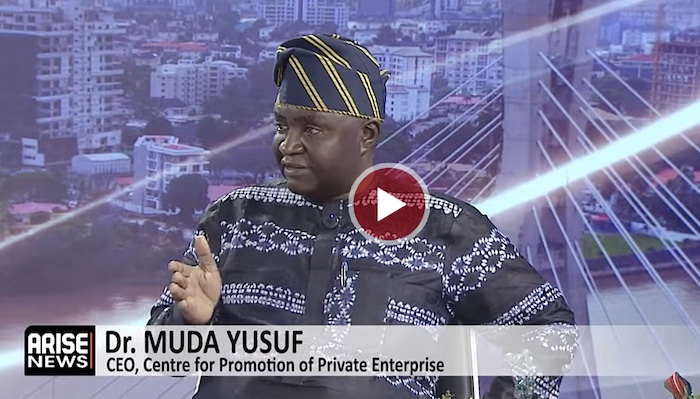
Screenshot

On October 30, the front page of Daily Monitor emblazoned with a powerful editorial, “Democracy Dies in Darkness” went viral on both online and offline media outlets.
The cover was protesting an illegal ban to Nation Media Group from covering parliament. A directive from Speaker Anita Among, the ban seemed to be a response to a series of lead stories that DM had done highlighting the unfair nature in which she had returned to parliament unopposed.
(I guess DM has committed many other crimes against our God-blessed speaker, but these ones needed an immediate and serious message).
Without going into the details of Among’s unopposed return, the DM editorial (despite all its very likeable aura and revolutionary posture) shocked me deeply.
I could not stop wondering: Does DM really believe Uganda is a democracy or there is a democracy project being worked on – which Among/ Museveni’s bans risked killing?!
But beyond my initial shock, something more tragic became apparent: It revealed a mutually-agreed pretension that all political actors in Uganda – including the media and civil society – have signed to uphold. In truth, this fakery denies us the opportunity to be serious about the work of building the country.
In truth, especially under Gen. Yoweri Museveni, we are not in a democracy and neither are we trying to build one. It is not “democracy that dies in darkness.” It is the country that dies. In fact, the better way to frame the job that DM does is nation-building – not seeking to perfect any democracy.
There is power in language and framing. Perhaps we need to start framing our questions and conversations in the language of nation building, growing the country. This language will communicate directly, precisely – and connect to large majorities of peasants.
THE RABBIT HOLE OF DEMOCRACY
You cannot go into an election where the most consequential results – the presidential results – are a public secret and pretend to be a democracy.
You cannot participate in an election where the incumbent is the one who appointed the person in charge of counting the votes – and the incumbent still has the power to remove this person even two days to the polls – and you claim this to be a democracy.
That we expect this man to have the courage to announce an opposition candidate, and that the incumbent Yoweri Museveni will concede defeat, and the Commander of the Defense Forces (CDF), his son, Gen. Muhoozi Kainerugaba, will humble himself and salute the (potential) winner Robert Kyagulanyi Ssentamu as the new president!
These jokes we tell ourselves. You cannot go into an election where the leading opposition presidential candidate has to wear a bullet-proof vest; journalists are sure to be brutalised or banned from covering certain segments of the process and pretend we are a democracy.
Neither can you go in a parliamentary election where you fully understand the incumbent will have the majority and decisions in parliament are taken on numerical strength and claim to seek to change anything.
You go into an election where leading opposition figures (including esp. Col. Kizza Besigye, Obed Lutale) and many others are in jail for simply being opposition. Add NUP’s Eddie Mutwe, Waiswa Mufumbiro, and others. What is this?
I will say one more time: We are not a democracy, and neither are we working on building one. Not only because this language is not original to our context – agrarian/peasant context – which makes it exploitable and incomprehensible to majorities, but also because it emerges in a context of extraction.
In fact, the formula for our western world icon is democracy = free markets (and we all know the ruins free markets have done to us).
BOYCOTT, THEN WHAT?
One of my biggest puzzles is how, after going on for extended periods, arguing that Museveni is an autocratic man – which indeed he is – prominent folks in the opposition will go ahead and “compete” against him like they were in the UK and then complain about shrinking democratic space.
But the man is an autocrat – a fact that was well established from the beginning. How do autocrats behave? How does one expect a snake to behave like a rabbit when it bites you? That we endlessly return to this process, even when we fully understand the odds, speaks not only to the incumbent but to our sense of seriousness as well.
People tend to ask: boycott, then what? It is perhaps the laziest excuse one can come across. Yes, boycott and then start on the hard road to reclaim the country. Who said a country can only be reclaimed only through elections?
How did people engage in struggles before elections were born? That you simply sign up to a circus, which you also know does not work, but because it is the only one available?
Of course, one will then ask me: What are you doing about it? Although it is a selfish question born out of arrogance, my response has always been that I see myself as a fellow located in the lab at a medical facility.
The point is that all successful treatments have to start with the right diagnostic tests. I am the guy in the lab. I have provided immense amounts of diagnostic analyses, but sadly both doctor and patient follow the same witchdoctor.
The point I am labouring is this: We need a language that directly and precisely articulates our project. It is not democracy. Democracy is perhaps the most elitist, incomprehensible word we use to describe our governance challenge. Nation building is more direct, more precise.
yusufkajura@gmail.com
The author is a political theorist based at Makerere University.



